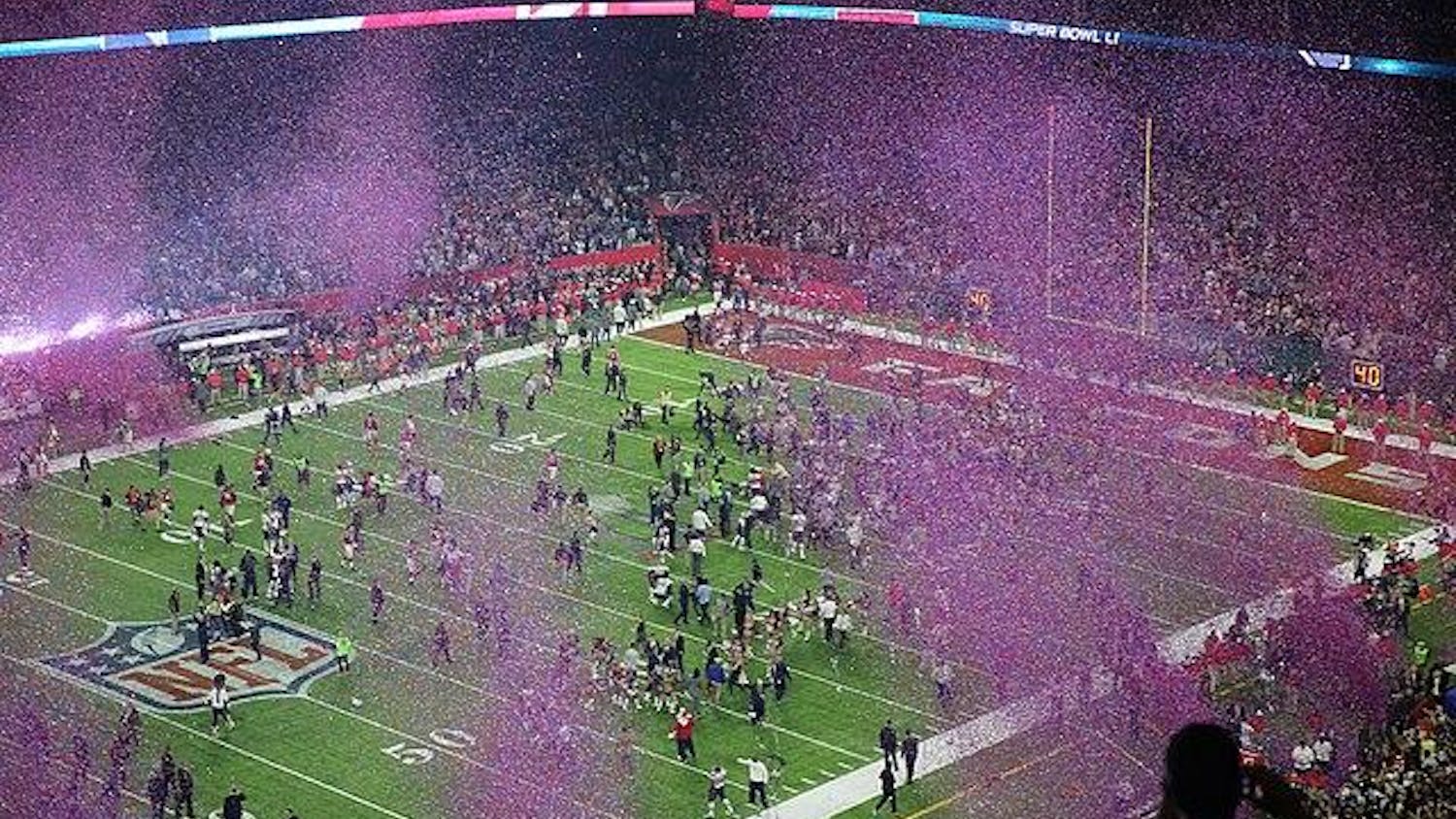Everyone has something to say about Colin Kaepernick, the San Francisco 49ers quarterback who has, in protest, refused to stand for the traditional playing of the national anthem before any 49ers game this year.
“I am not going to stand up to show pride in a flag for a country that oppresses black people and people of color,” Kaepernick told reporters in one lengthy post-game press conference.
The swift backlash from a predictable population questioned the quarterback’s patriotism and allegiance to the U.S. military. That was to be expected; such a statement will always draw detractors, regardless of how far we advance as a society.
The most interesting part of the dynamic between Kaepernick and the numerous athletes who have followed suit with their own demonstrations and those who are questioning him is the language that is used against him — language that does not question his message, but challenges his right to deliver it in the first place.
A prime perpetrator was ESPN commentator Trent Dilfer, whose rant during "NFL Countdown" on Sunday, Sept. 11 epitomized this attitude.
“[Kaepernick] chose a time where he became the center of attention,” Dilfer said. “[Other athletes] don’t use the platform the organization and team gave them as a pulpit.”
Here’s where Dilfer and similar detractors are wrong, though: Kaepernick hasn’t been given anything by any organization or individual, and neither has any athlete who possesses the combination of talent and work ethic that allows them to compete on the highest level in the world. Kaepernick is a backup and he is still in the top one percent of the top one percent in his line of work. Our athletes, our heroes, the ones we name our kids and dogs after: they owe us nothing.
We have always undervalued the accomplishments and power of athletes. It is a tradition as deeply-rooted in American sports culture as peanuts at the ballpark or pigskin on Thanksgiving.
When superstar NBA players LeBron James and Kevin Durant make reasonable decisions to move to better locations and work environments by switching teams in free agency, fans crucify them for showing a lack of loyalty to their original organizations that, thanks to the power structure of professional leagues’ draft systems, the players had no say in choosing in the first place.
We wince as we watch football players carted off in ambulances every Sunday and know that the big hits and collisions we cheer for have major, irreversible consequences on the brains of those players down the line. Yet, we keep watching.
We allow the exploitation of college athletes — the same athletes responsible for bringing in seemingly impossible amounts of revenue to universities across the nation -- because we refuse to get behind the basic idea of paying adult, college-level players what they’re worth.
We will ultimately brush aside Kaepernick’s stance on an important issue — not because the issue is unimportant, but because he is an athlete, and for that grave inconvenience he will never get the respect he deserves.
More from The Tufts Daily
Tufts loses to Williams at home in overtime heartbreak
By
Sabrina Dorr
| February 3
Super Bowl 60 Preview
By
Ben Lable
| February 2
Boston Bookcrawl: More Than Words
By
Emily Sullivan
| February 2





